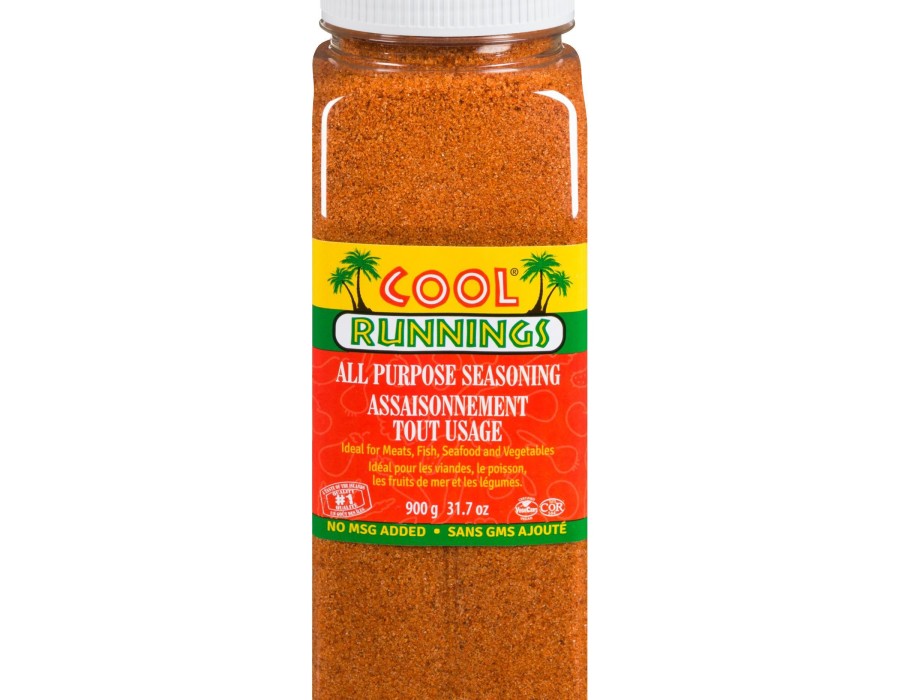A Culinary Journey Through Africa and the Caribbean
Walking into an African Caribbean grocery store is like embarking on a culinary journey across continents. The shelves are stocked with an array of spices, sauces, and ingredients that are integral to traditional African and Caribbean cuisines. From Jamaican jerk seasoning and Scotch bonnet peppers to Nigerian egusi seeds and Ghanaian shito, these stores provide access to authentic flavors that are hard to find in mainstream
supermarkets.
The fresh produce section is particularly noteworthy, offering a variety of tropical fruits and vegetables such as plantains, yams, cassava, okra, and breadfruit. These staples are essential for preparing dishes like Jamaican ackee and saltfish, Nigerian pounded yam with egusi soup, or Trinidadian callaloo. The availability of such diverse produce helps maintain traditional cooking practices and supports healthier eating habits within the community.
More Than Just Groceries
African Caribbean grocery stores often go beyond just food. They stock a variety of cultural and household items that are integral to daily life. You might find traditional cookware like clay pots and calabashes, African and Caribbean beauty products, and vibrant textiles. These stores often serve as one-stop shops for many community members, providing access to products that are not readily available elsewhere.
In addition to tangible goods, many African Caribbean grocery stores offer services such as money transfers, phone cards, and community bulletin boards. These services help maintain connections between families and friends across the diaspora, fostering a sense of unity and support within the community.
Cultural Preservation and Community Building
One of the most significant roles of African Caribbean grocery stores is their contribution to cultural preservation. These stores are often family-owned businesses that have been passed down through generations, serving as custodians of cultural heritage. By providing access to traditional foods and products, these stores help keep culinary traditions alive and ensure that younger generations remain connected to their roots.
Moreover, African Caribbean grocery stores often become informal community centers where people gather to share stories, exchange recipes, and celebrate cultural events. They host cooking demonstrations, cultural festivals, and food tastings, creating opportunities for cultural exchange and education. This communal aspect of shopping fosters a sense of belonging and strengthens the social fabric of the community.
Supporting Local Economies
African Caribbean grocery stores also play a crucial role in supporting local economies. They often source products from local farmers and suppliers, contributing to the economic sustainability of both local and international producers. By prioritizing local and ethically sourced products, these stores promote fair trade practices and support small-scale farmers and artisans.
Challenges and Opportunities
Despite their importance, African Caribbean Grocery Store stores face numerous challenges, including competition from large supermarkets, rising operational costs, and regulatory hurdles. However, there are also significant opportunities for growth. With the increasing popularity of multicultural cuisines, these stores have the potential to attract a broader customer base beyond their immediate communities. By embracing online retailing and social media marketing, African Caribbean grocery stores can expand their reach and continue to thrive in a competitive market.






Comments